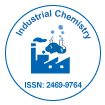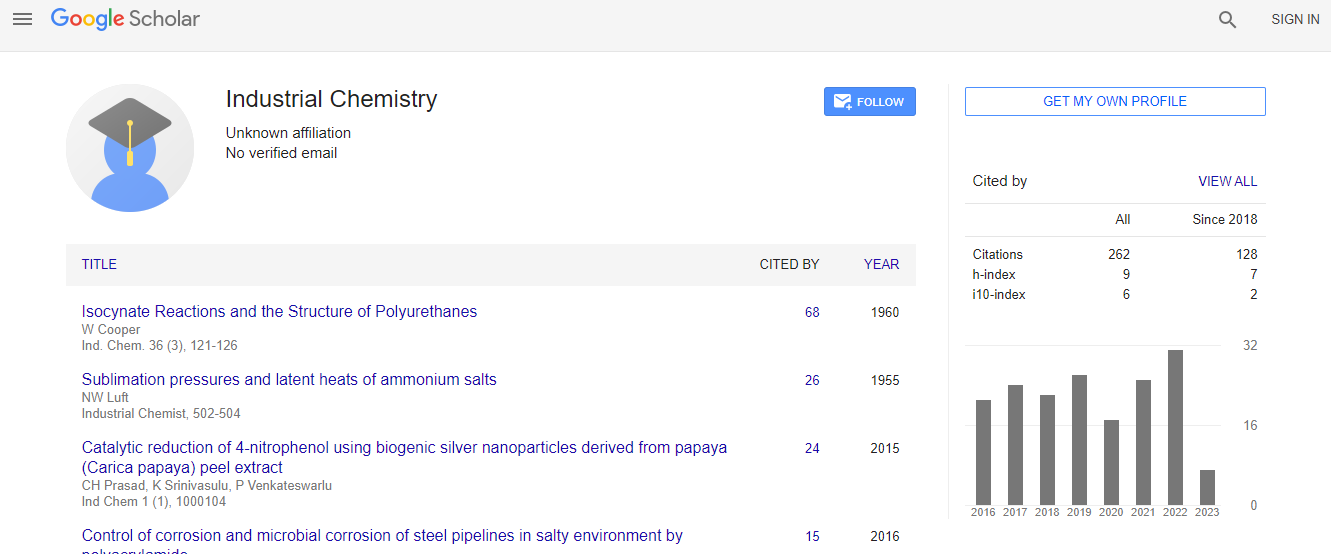Research Article
Control of Corrosion and Microbial Corrosion of Steel Pipelines in Salty Environment by Polyacrylamide
El-Shamy AM1*, Zohdy KM2 and El-Dahan HA1
1Physical Chemistry Department, Electrochemistry and Corrosion Laboratory, National Research Centre, El-Bohouth St. 33, Dokki, PO 12622, Giza, Egypt
2Higher Technological Institute, 10th of Ramadan City, Egypt
- *Corresponding Author:
- El-Shamy AM
Physical Chemistry Department Electrochemistry
and Corrosion Laboratory National Research Centre
El- Bohouth St. 33 Dokki, PO 12622, Giza, Egypt
E-mail: elshamy10@yahoo.com
Received date: April 07, 2016; Accepted date: April 27, 2016; Published date: April 29, 2016
Citation: El-Shamy AM, Zohdy KM, El-Dahan HA (2016) Control of Corrosion and Microbial Corrosion of Steel Pipelines in Salty Environment by Polyacrylamide. Ind Chem 2:120. doi: 10.4172/2469-9764.1000120
Copyright: © 2016 El-Shamy AM, et al. This is an open-access article distributed under the terms of the Creative Commons Attribution License, which permits unrestricted use, distribution, and reproduction in any medium, provided the original author and source are credited.
Abstract
The polyacrylamide was investigated for controlling of corrosion and microbial corrosion of mild steel in salty media. Both the corrosion inhibition efficiency and biocidal activity are measured at different concentrations of polyacrylamide. The electrochemical measurements are used to monitor the corrosion results and the serial dilution method is used to detect the biocidal activity. The results showed that the polyacrylamide is improved the biocidal activity corrosion resistance for mild steel with increasing the concentration. The biocidal activity was subjected to the planktonic and sessile bacteria and the obtained results proved that the killing effect of polyacrylamide is shows higher efficiency in planketoinc more than the sessile bacteria. The corrosion data proved that, the inhibitor shows acceptable effect against corrosion in chloride solution and the effect is also depends on the inhibitor concentration. The best result in both corrosion and microbial corrosion is obtained at concentration of 15 ppm.

 Spanish
Spanish  Chinese
Chinese  Russian
Russian  German
German  French
French  Japanese
Japanese  Portuguese
Portuguese  Hindi
Hindi 